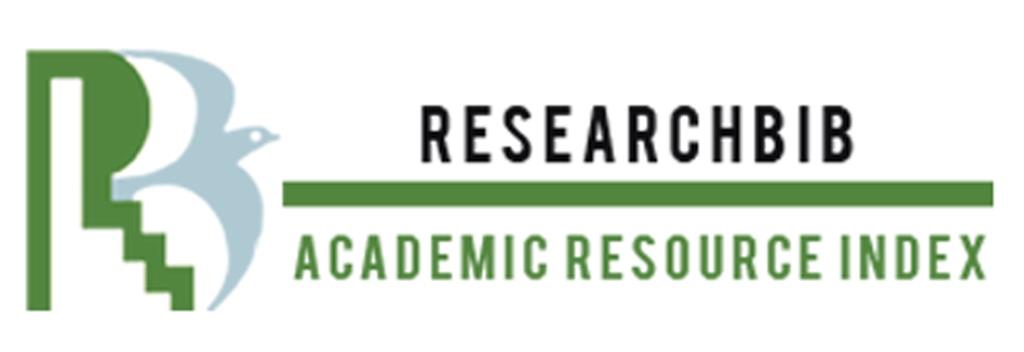JAPANESE POLITENESS AND SUPER POLITE FORMS OF JAPANESE NEGATION
Abstract
The Japanese language and culture are well-known for their emphasis on politeness and honorifics, setting them apart from other cultural practices. This specific characteristic has been extensively studied by experts in Japanese language since the mid-20th century. To be polite Japanese people use “negative form” in particular cases with the meaning: “would you…?”, “do you want to….?”, “shall we….?” in polite way. In this article discusses Japanese politeness and super polite forms of Japanese negation.
Downloads
References
Kindaichi, K. (1959). Nihon no kēgo [Japanese honorifics]. Tōkyō: Kadokawa Shoten.
http://docs.lib.purdue.edu/cgi/viewcontent.cgi?article=1309&context=open_access_theses
Tujimura, T. (1977). Nihongo no kēgo no kōzō to tokushoku, In S. Ōno & T. Shibata (Eds.), Iwanami Kōza Nihongo 4: Kēgo (pp. 45-94). Tōkyō: Iwanami Shoten. http://docs.lib.purdue.edu/cgi/viewcontent.cgi?article=1309&context=open_access_theses
Nishida, N. (2004). Kēgoshi to gendaikēgo. In Y. Kikuchi (Ed.), Asakura nihongo kōza 8 (pp.225-243). Tōkyō: Asakura Shoten. http://docs.lib.purdue.edu/cgi/viewcontent.cgi?article=1309&context=open_access_theses
Sanada, S. (1993). The dynamics of honorific behavior in a rural community in Japan. Multilingual-Journal of Cross-Cultural and Interlanguage Communication, 12(1), 81-94.
Joacim Nyberg. Negation in Japanese. Institutionen för lingvistik Examensarbete 15 hp Allmän språkvetenskap Vårterminen 2012. Handledare: Matti Miestamo.
Usami, Mayumi. (2002). Discourse Politeness in Japanese Conversation: Some Implications for a Universal Theory of Politeness. Hituzi Syobo. Japan.
https://www.japanesepod101.com/blog/2021/08/10/japanese-negation/
















